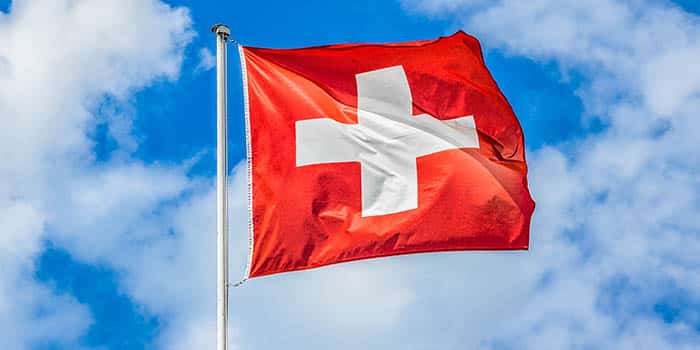The two countries are looking to pool their efforts in a bid to protect vulnerable casino players who may be spending above their means


Starting from January 7, 2025, people who have been excluded from online and land-based casinos in Switzerland will also not be able to play at such properties in Liechtenstein and vice versa.
Switzerland Shares List of Problem Gamblers with Lichtenstein
The measure is a part of an ambitious plan to protect consumers from gambling-related harm, with the two countries looking to impose a much stricter cross-border exclusion list which will put the onus on licensed operators to not offer gambling services to people who have developed an unhealthy relationship with the activity.
Further to that, companies on both sides of the border will be able to draw from each other’s existing exclusion and ban lists to enforce their own restrictions more efficiently.
Right now, 100,000 bans are enforced in Switzerland alone, which will apply to casinos in Lichtenstein locally. Casinos are already obligated by law to exclude players whom they believe are struggling to control their habits.
Casinos require proof of one’s finances, also known as an affordability check, which is used to verify that a person can spend the money they are on a casino floor. These affordability checks are universally used across Lichtenstein and Switzerland and are a core part of the gambling industry in the two markets.
The move is a significant step forward for the way the future of self-exclusion could look in Europe. Although Switzerland and Lichtenstein are countries with close pre-existing ties, the model they have adopted to enforce a cross-border ban for problem gamblers could be adopted across larger regions and among more countries.
Switzerland still struggles to rein in black market operations
Over the past 20 years, more than 100,000 people have been excluded from casinos in Switzerland, and the ban has been enforced without interruption. However, there are still more challenges to overcome, as Switzerland is facing a surge in black market operations, according to official data from the country’s regulator.
The estimated clout of black-market operations is now pinned at 40%, a significant chunk of the overall online casino market.
Although gambling bans and self-exclusion lists may prohibit players from gambling legally and overboard, this does not apply to the illegal websites that continue to target players in both countries and are not hindered by their status as problem gamblers.
Channelization rates have been suffering in several prominent markets across Europe, notably Germany and Sweden. Although both local regulators have argued that the problem is blown out of proportion, industry groups have been warning about an unprecedented uptick in online gambling activity conducted at unlicensed websites.
Belgium has witnessed a similar high level of participation in the unlicensed gambling market.
